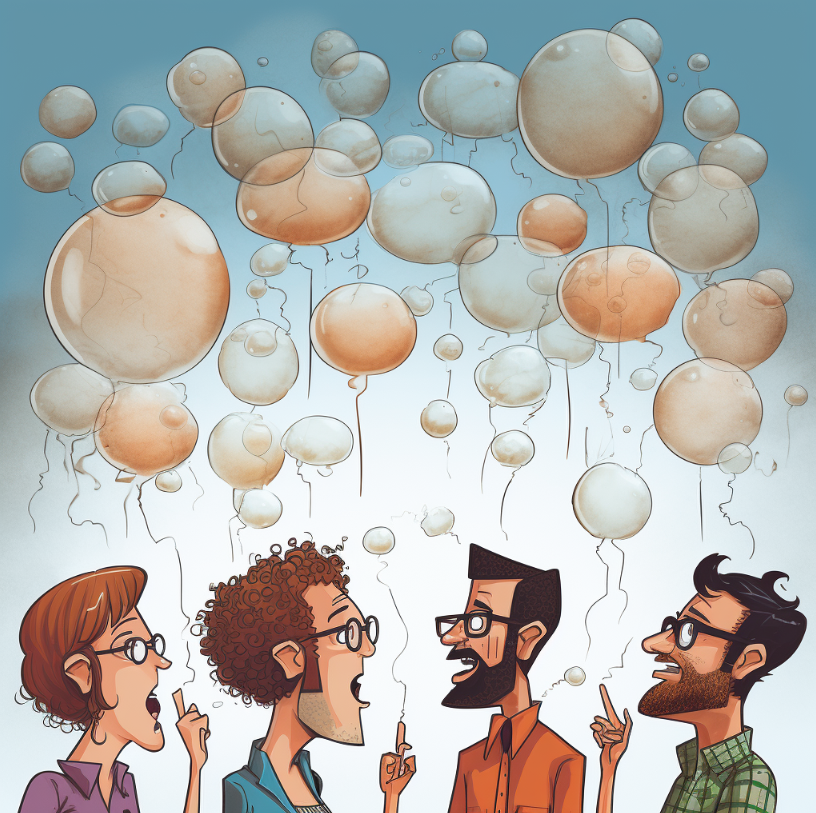
For example, is it a webinar or a seminar?
Is it a summit or a meeting?
Is it a trade show or a conference?
How you label your event can be very powerful.
Let’s start with formality. Some words – like conference, summit, or symposium – might convey a sense of formality, professionalism, and importance, while other words – like workshop, training, or meeting – suggest a more interactive, hands-on approach.
Then we have audience expectations. A seminar or workshop might attract people who are seeking practical skills or knowledge, while a symposium or conference might seem more academic.
You also need to consider the emotional appeal of the words. “Summit” or “forum” may evoke a sense of collaboration or leadership, while colloquium or roundtable implies more intimate and intellectually stimulating discussion. I also wonder if words like “workshop” might alienate introverts, who might be afraid they’re going to be called on to participate. Some people don’t like that.
The words you choose can also affect perceived value. “Summit” or “symposium” might imply higher value or prestige while “meeting” or “training” sound more routine.
The name you choose can affect your position in the market. It’s probably a good idea to do some testing to see which words work best for your event for your audience. Don’t just stick with something boring like “webinar.” I’ve read a couple articles suggesting that the word “webinar” is a turnoff and depresses response.
Here are some other words to think about.
Panel discussion
Think tank
Forum
Lecture series
Retreat
Meet-up
Boot camp
Seminar series
There are a lot of words out there. Before planning your next event, you might consider doing some research. A thesaurus. ChatGPT. A keyword tool. “Answer the public,” etc. And when you roll out the idea, do some testing.





Great post, Greg. Words matter, not only when we use them but when they’re viewed/heard by our audience. I hope this helps non-editors or writers understand why we (occasionally) agonize over just the right word in the right sentence to convey the correct message.
I read that Mr. Rogers agonized over using exactly the right words to make children feel comfortable with the concept he was trying to convey. I’ve also read about copywriters who spend days refining and clarifying the language in an email to get the tone perfect.